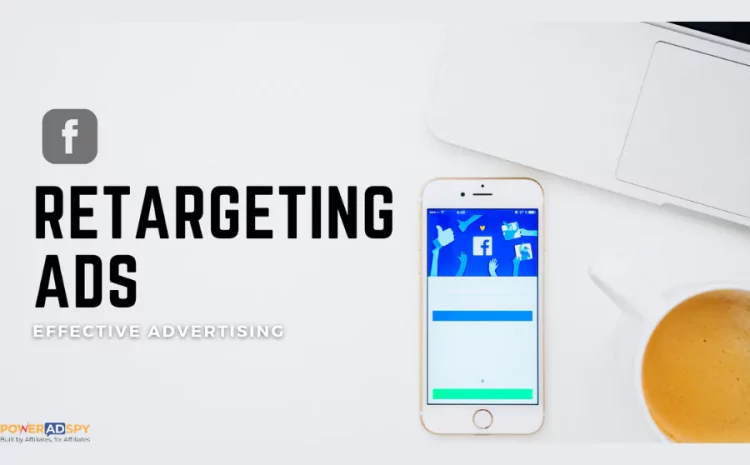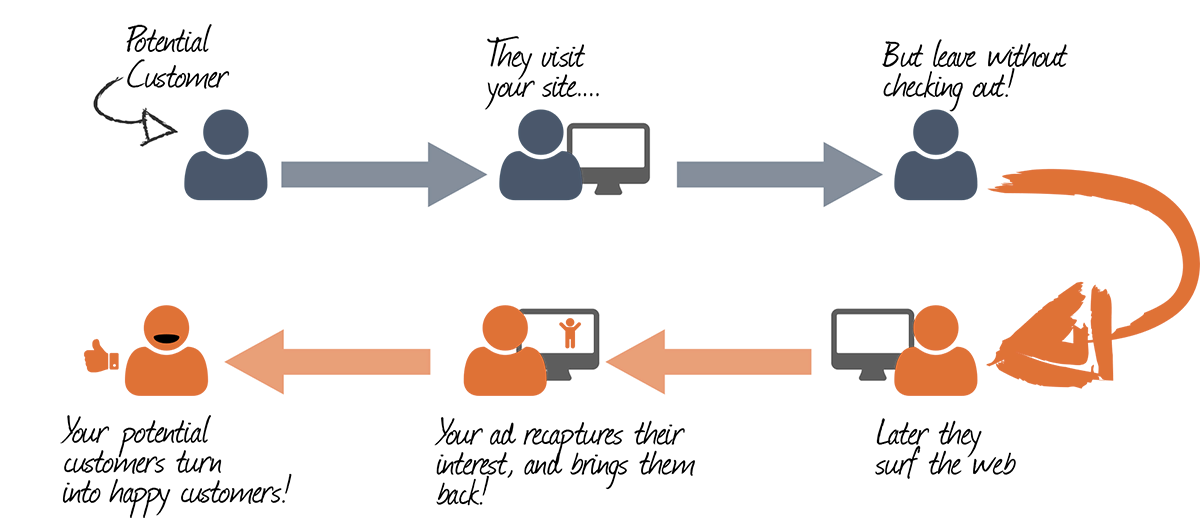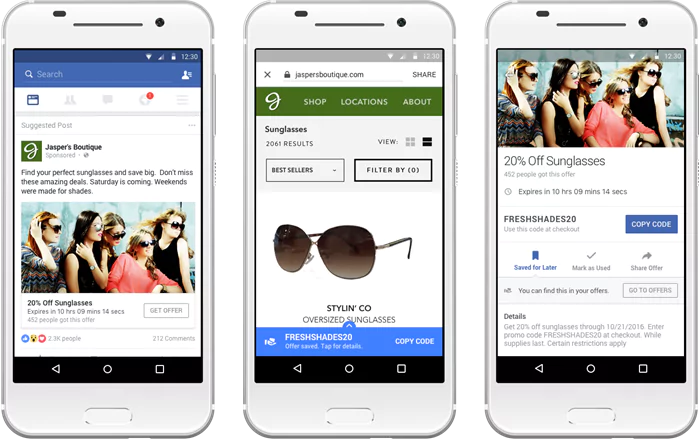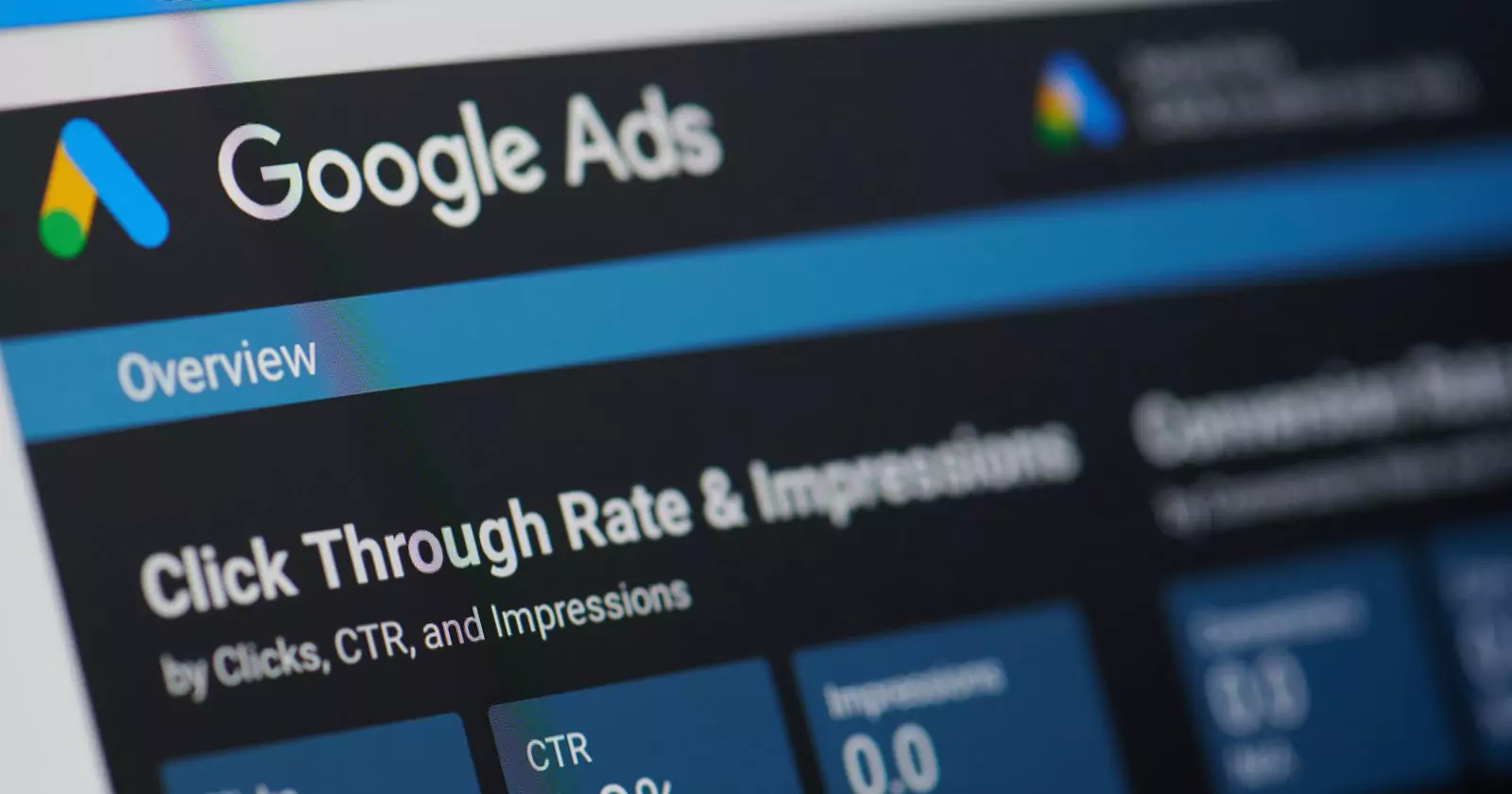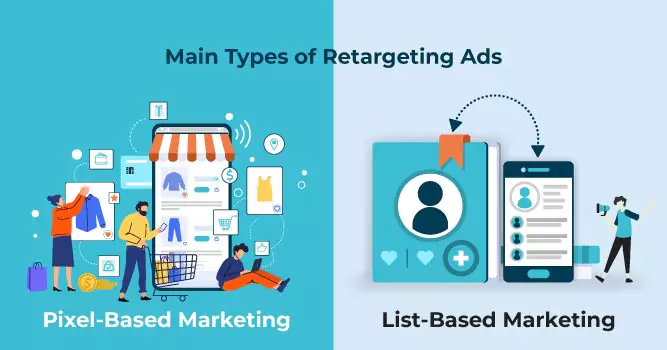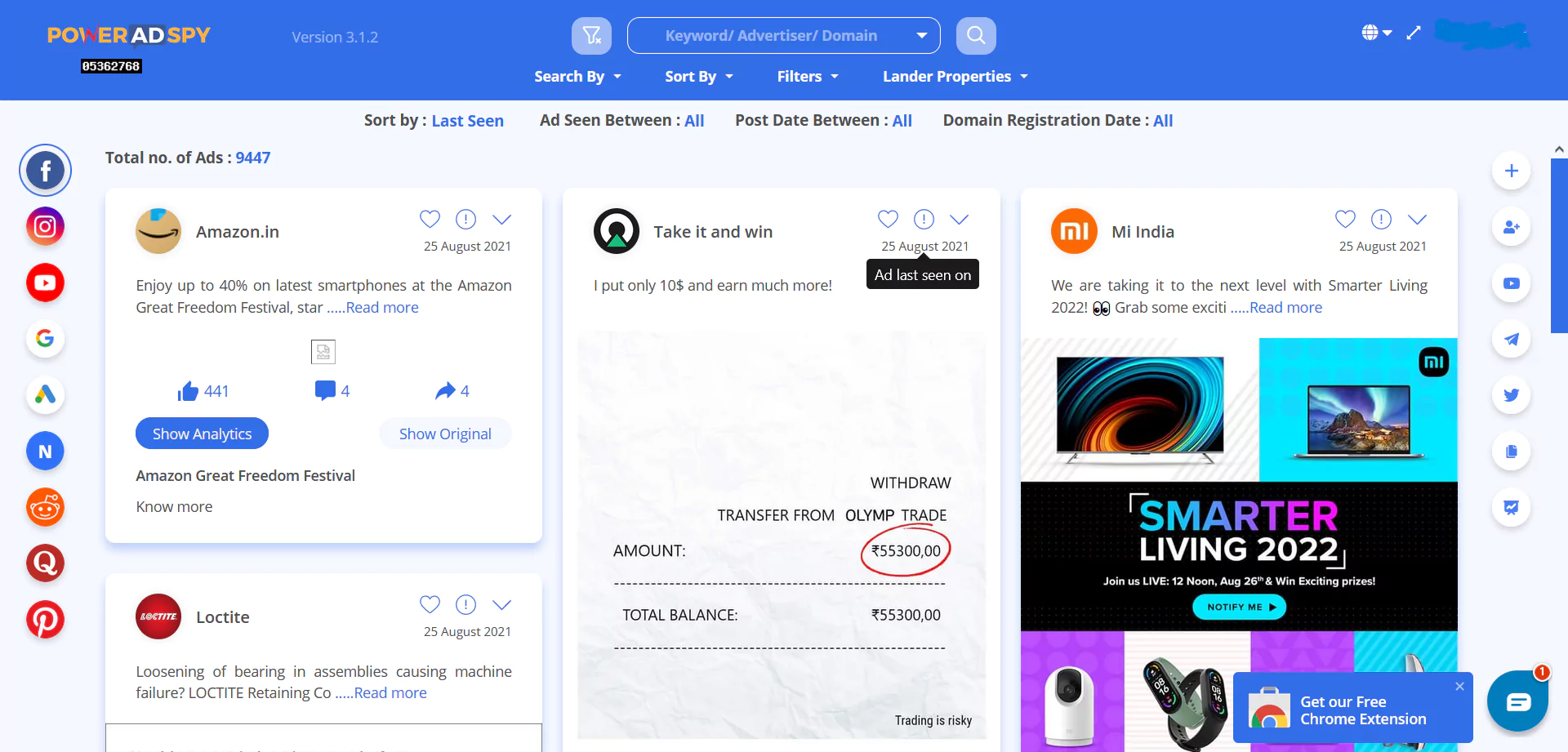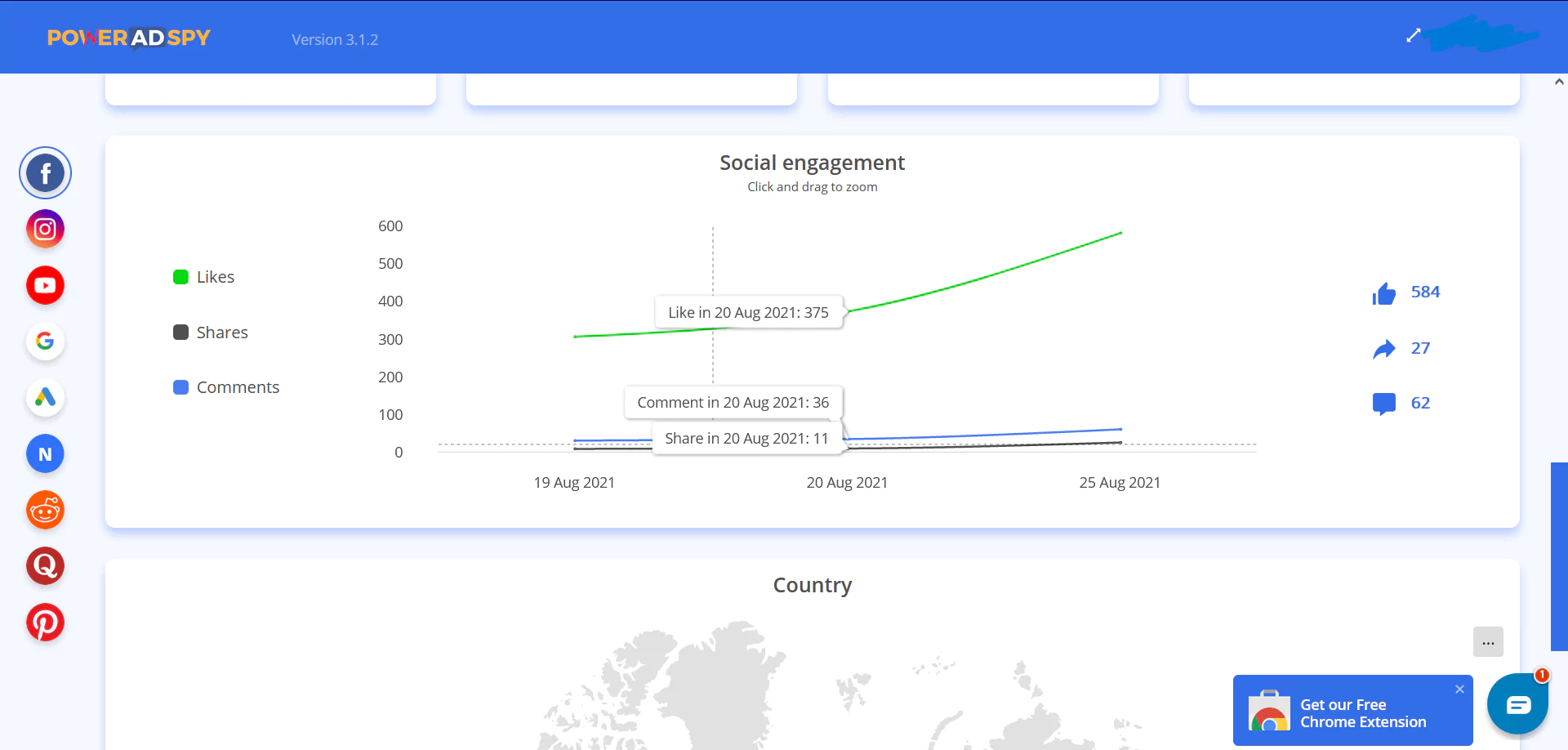Retargeting Ads: Effective Advertising
Customers will occasionally visit your website but not complete a transaction. Retargeting ads function on this concept, reminding customers where they can get the items they want. Let’s dig a little further into it!
You may use retargeting ads to show your adverts to people who have already visited your website or the product page.
It’s a pay-per-click strategy in which you promote your brand to individuals already familiar with it. They’ve already visited your website or interacted with your items.
Retargeting advertisements, to put it simply, is the technique of presenting your ads to people who are already familiar with you. Its purpose is to encourage others to act.
For example, you go to Amazon for appliances for your home and office, browse around, and then leave. You’ll discover advertisements for electronics on Facebook/Google after exploring the Internet. In this situation, Amazon is retargeting you in the hopes that you will return to their site and complete the transaction.
In a hurry? Listen to the blog instead!
Why Use Retargeting Ads?
If you own a small business and sell products online, you already know that advertising is essential for attracting customers to your site. But what if they aren’t ready to buy your products right away when they come across your store? Or what if they get sidetracked before making a purchase?
Conversion goals are straightforward: you want people to click on your ad and perform an action, such as filling out a form on a landing page. Conversion campaigns use conventional conversion measures like website clicks, form submissions, and cost-per-lead to connect with a specific list with a clear next step in the flywheel (CPL).
Leads are generated by pixel-based adverts, which send users to landing sites where they may provide personal information. With list-based marketing, these leads are more qualified.
It turns out that 97% of visitors who come to your site for the first time depart without purchasing anything, and then they’re gone for good – unless you’re able to resurrect them.
After visitors leave your website without purchasing, retargeting advertisements remind them of your products and services. It allows you to retarget users who have visited certain pages and offer them relevant visual or text advertising when they visit other websites.
They’re not in your contacts database, and their expected clickthrough rates are generally lower than those of other types of advertising. Because the goal is to make prospects aware of your company, impression and engagement are necessary metrics to measure.
Retargeting allows you to provide fresh items relevant to their interests after a customer has visited your website, made a transaction, or indicated a general interest in your brand. You may direct them back to your website once they view your advertisement to learn more about your new product and encourage them to buy it. To learn more about what retargeting ads on Facebook.
Whatever your aim, matching your audience list to the positioning, creativity, and next step in the conversion process – whether it’s an offer landing page, a site page, or a request for further information – is vital.
Retargeting ads are an excellent approach for the following reasons:
- Establishing relationships with old customers: These are folks who have shown an interest in your items, whether they were browsing your site or adding anything to their basket. That implies it will take far less work to persuade them than it would to convince someone who has never visited your site before. For optimal sales and profitability, a clever retargeting system can help you approach these customers at the appropriate moment with the right product.
- Reminds your customers to purchase: Before a shopper will buy something, they must be exposed to an ad numerous times. Especially in today’s market, where there are so many detours and distractions on the way to a purchase. Retargeting serves as a subtle reminder of that blouse or pair of shoes a consumer was eyeing, reigniting their desire to purchase.
- Economically feasible: Advertisers must be able to travel around screens with ease to meet shoppers. Some retargeted can track a consumer across several platforms, including desktop, mobile, and apps, allowing you to contact them with a consistent message and experience no matter where they are. Some retargeting programs can also use offline data to guide them, such as halting advertisements if a consumer purchases a product in an in-person store.
- High ROI: It is cost-effective and has a demonstrated return on investment. Retargeting advertisements may be quite profitable, especially when done correctly. Personalized advertisements delivered at the apt moment result in the highest level of engagement.
What Is The Best Time To Use Retargeting Ads?
Retargeting is a long-term marketing technique for firms with an established audience. Facebook retargeting ads are for you if your website receives at least 100 monthly visitors. Someone needs to feel like they know you before they decide to buy your goods or services. A marketing rule of thumb is to make sure they hear your message at least seven times to assist the client’s purchase.
For Promoting Your Products:
Retargeting advertisements are a quick and easy method to highlight your best-selling items. Additionally, advertising goods that your current customers enjoy will help convert visitors into customers and boost your ad’s return on investment. And, because these advertisements will highlight the items most suited for the customers, it is virtually a definite win for the business and a cost-effective approach to ensure that you get the most bang for your marketing dollars.
For Introducing Latest Products:
When you’re releasing a new product collection, people interested in your brand and visiting your website are an appropriate audience to target. Your retargeting advertising will capture their attention wherever they go on the internet, directing them back to your business to see what’s new. It is possible to use Google AdWords or a Facebook remarketing ads campaign.
To sell off old products:
There are slow-moving goods that exist in our inventory as an online merchant at some point. Retargeting ads are cost-effective and require less effort to display potential consumers’ excess goods from your business. If you offer a price decrease or a discount for these items, they are likely to sell out faster than the initial items.
Several platforms encourage small businesses and brands to retarget their customers to increase their sales. Without retargeting, users of the Internet would forget and not return to your site after taking action. 97% of consumers take several steps on your products and will never come back, something that would rope them back in was not there.
Which platforms are suitable for retargeting ads?
-
Facebook:
The pictures you see above are retargeting ad examples from Facebook. Facebook is the top retargeting ads platform for digital marketers. The platform has more than 2 billion monthly active users and is the third-most populous website today. Facebook nowadays is generally used by audiences in the middle range of the spectrum and hence is a goldmine for marketers to market their products on the platform.
Retargeting ads on Facebook involves Facebook Pixel – a piece of code that resides on the header and footer of any website. This code tracks the shopping behavior of the users who come to your site and make a purchase. This information enables the pixel to take further actions to propagate the ROI of the company’s ads.
-
Google Ads:
Google Ads gives one of the maximum effective retargeting structures for virtual marketers. Marketers can use the target market supervisor device to create custom-designed audiences inside Google Ads, linking their information from Google Analytics (internet site traveler information), YouTube (channel viewers/subscribers), Google Play, or different sources.
Google controls almost 40% of the total PPC advertising market and enjoys unprecedented access to real estate advertising through the Google Display Network and the Google Search Network. So Google Ads is one of the best platforms to make sure your retargeted ads find the right users who have had a history with your brand.
-
LinkedIn:
With 675 million monthly users, LinkedIn is one of the most popular social platforms in the world. While Facebook’s audience comprises older populations (the fastest-growing segment is those over 65), LinkedIn users generally have a professional or working age between 25 and 50 years. 44% of Americans between the ages of 25 and 29 report using LinkedIn, along with 37% of those 3049 years old.
LinkedIn is a social networking site for young professionals wanting to increase their network of connections and advance their professions. It’s also an appropriate method for digital marketers to interact with B2B sales/marketing targets on a platform where they’re searching for business-related information rather than consumer pleasure. You may segment audiences depending on what pages or items they visit on your website and create retargeting advertisements for each audience once you’ve placed the LinkedIn Insight Tag on your website to allow tracking.
These platforms value the value of retargeting ads for small businesses and brand owners. Marketers must know how the platform treats retargeting ads before investing in them to avoid making bad decisions. Retargeting ads offer high ROI in the long run – marketers must do a thorough check on the platform before investing capital in it for a long time. Want more information on how to extract data from Facebook?
Now that we know the most suitable platforms for retargeting ads – let us see how to create these ads on our favorite social media platform, Facebook!
How to Create Retargeting Ads on Facebook?
Two types of retargeting ads exist in the marketing industry as of now. One is Pixel-Based retargeting, and the other is List-Based retargeting. Let’s go over either of those briefly!
-
Pixel-based retargeting:
Pixel-based retargeting is the most common form of orientation. It works with a code (one pixel) that exists on your website. Once you have attached the pixel, the pixel places an anonymous browser cookie on the visitor’s browser each time a visitor reaches your website or landing page.
And when the visitor leaves your page and continues browsing other websites, the pixel tells your provider, like Google AdWords or Facebook, that these visitors need to see your ads.
Pixel-based retargeting ensures that your ads will be visible to people who have browsed your website or clicked on your ad landing page. Another benefit of pixel-based retargeting is that it starts right away – users can see ads right away that can convince them to come back to your offer.
-
List-Based Retargeting:
How To Setup Pixel-Based Retargeting Ads On Facebook
If you have ever thought about how to create retargeting ads on Facebook, this is the part you need to read. Let’s look into how to make these ads and set them up. Let’s get started!
The Facebook Pixel
Navigate to Ads Manager on Facebook. The picture below will guide you.
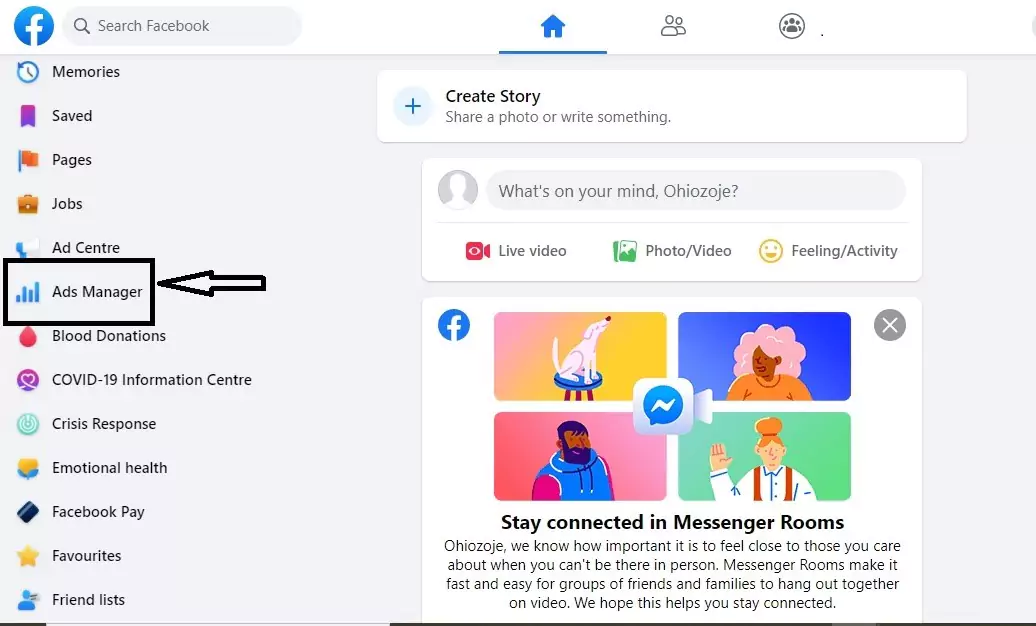
On the next page, click on Events Manager.
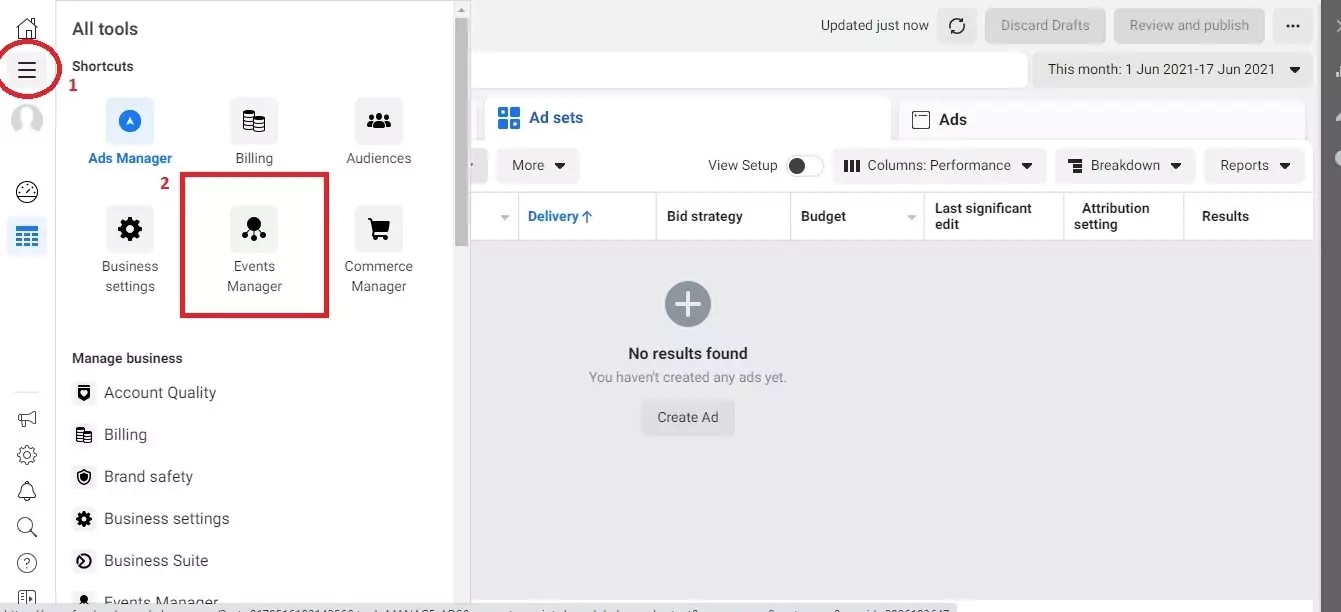
Click on Connect a Data Source
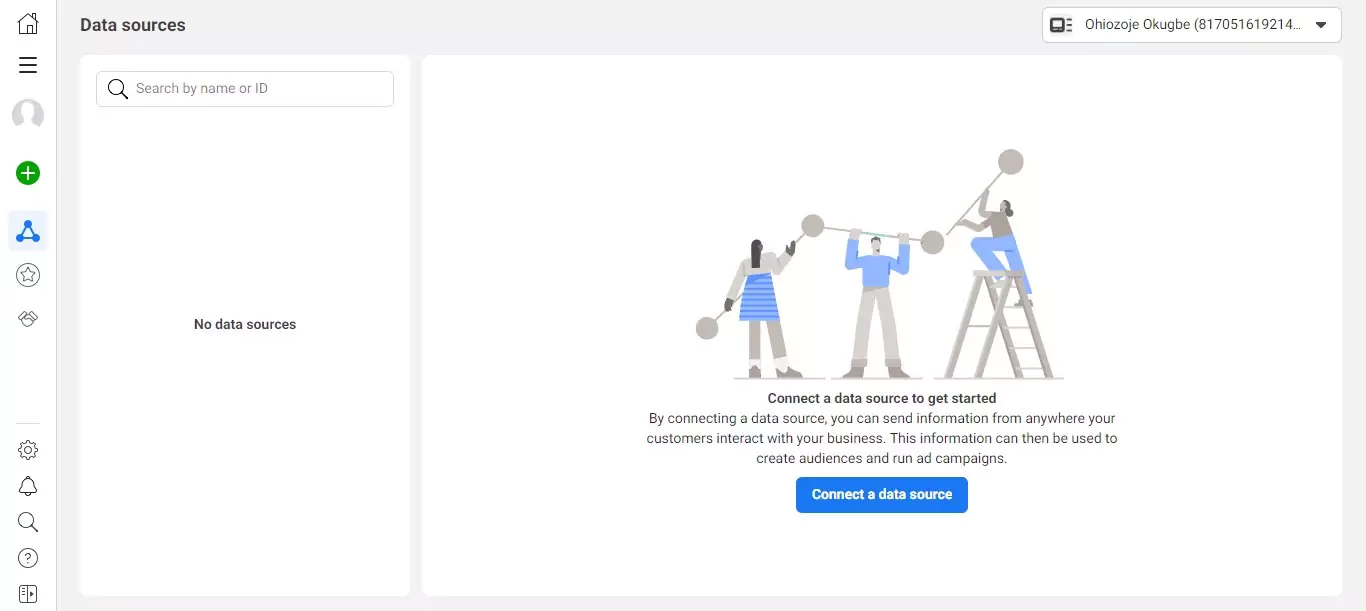
Select Web and press on Connect.
![]()
Select Facebook Pixel in the new dialog box and click on Connect.
![]()
Add relevant details for your Facebook Pixel.
![]()
Install your Pixel code manually or hire a developer for assistance. Alternatively, you may integrate a shopping partner like Shopify, WordPress, etc to do the same for you.
For this guide, we will be installing our pixel manually. After clicking on “Install Code Manually,” click on “Copy code” to copy the code to your clipboard.
On your website, edit your header template and paste the code on it. Sites like WordPress offer plug-ins for easier insertion of your pixels.
After inserting your pixel into your webpage’s header template, head back to Facebook and click “Continue.” It will open up a new window called “Automatic Advanced Matching” with a switch. Turn it on to select what information of your customers you’d like to send to Facebook.
Install codes for the events you’d like to track next. For example, you could want to keep track of how many times someone adds anything to their cart or how many times they leave your website after doing so. You could hire a developer to assist you with this phase.
Note:
When installing the pixel with partner integration, please check the instructions for the platform of your choice. Instructions are specific and differ for each partner platform.
Facebook will redirect you to this popup after you finish your integration process. Fill in the check box for successful completion of your integration and press “Next.”
It is vital to check if the pixel that you set up is fully functional or not. To do this, fill in the specified field with the URL of your webpage and press “Send Test Traffic.” Facebook tests and verifies the functionality of your pixel. Upon completion, hit the “Next” button. That’s it! Your first pixel will be up and running in no time! Next, your content needs to do the magic necessary for your pixel to work! Here are some tips for content curation for your social media needs!
And that is it! You have successfully set up your Facebook pixel to track your users and boost your sales in no time!
Also Read:
Instagram Engagement Rate Calculator: 6 Free Tools | Measure And Grow
How Can Ad Spying Software Increase Profits?
How To Use Facebook Free Search: 10 Best Practices
Use Powerful Insights for your Retargeting Ads!
PowerAdSpy is the most powerful social media advertising analytics tool in the market right now!
Retargeting ads will feel like a breeze once you start using the analytics from PowerAdSpy! With the information of over 14+ countries’ ads, we have a vast ad database in the industry right now.
Filter from our database of millions of ads to discover what precisely your ads need to attract the public eye! With these many filter options, finding a needle in a haystack has never been easier!
Facebook retargeting is easy for a user familiar with PowerAdSpy. Easily track retargeted ad performance with real-time Insights charts provided by the app, offering informative data presentation.
No advertising goes unnoticed in your eyes, or at least in our eyes. PowerAdSpy’s ad database goes through an update process every day to get information about the latest ads on its dashboard. Learn from your competitors’ ads and see what is missing from your ad campaign. All thanks to PowerAdSpy for making it the best ad library to spy on your competitors’ ads!

